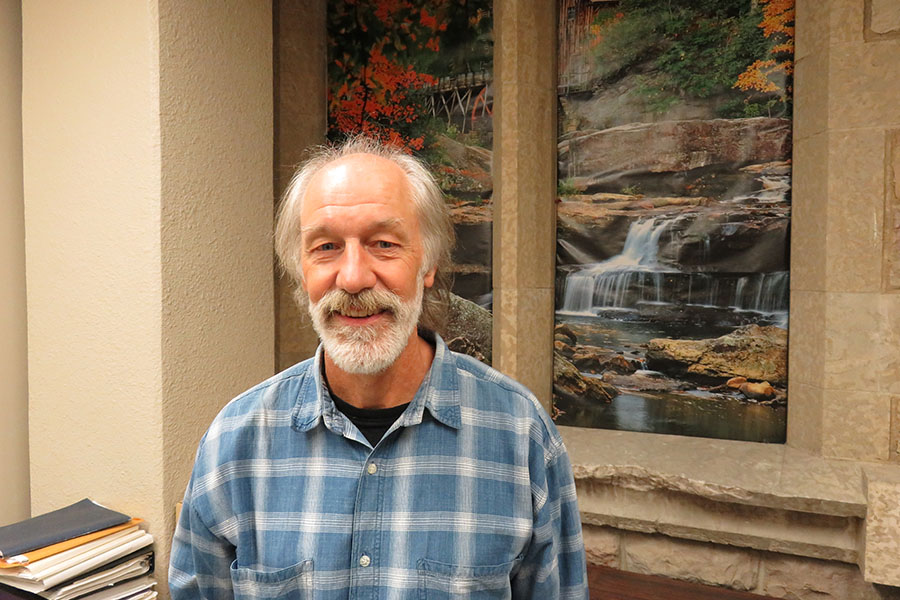
Spotlight on Dr. Brian Bandy
Dr. Bandy’s primary research interests are in bioactive components of plants, and on the roles of oxidative metabolism in health and disease.
Bio
Dr. Brian Bandy is an associate professor of nutrition, and teaches in the undergraduate and graduate programs of the Division of Nutrition and Dietetics. He received his B.Sc. in Biochemistry from the University of British Columbia and Ph.D. from Simon Fraser University, before doing post-doctoral studies at the University of São Paulo, Institute of Chemistry. He is a member of the Drug Discovery and Development Research Group at the UofS, and an active member of the Canadian Nutrition Society and the Canadian Oxidative Stress Consortium.
Research
Dr. Bandy’s primary research interests are in bioactive components of plants, and on the roles of oxidative metabolism in health and disease. Plant components of interest include antioxidant vitamins (such as vitamins C and E), flavonoids and other polyphenols, and other agents (such as sulfur compounds in cruciferous vegetables) that influence expression of metabolic detoxification systems. A particular focus in oxidative metabolism is on mitochondria and their roles in health (such as with exercise) and, when impaired, in development of chronic diseases of age such as cancer, neurodegenerative diseases, and neuromuscular disorders.
Recent Publications
- Addala E, Rafiei H, Das S, Bandy B, Das U, Karki SS, Dimmock JR. 3,5-Bis(3-dimethylaminomethyl-4-hydroxybenzylidene)-4-piperidone and related compounds induce glutathione oxidation and mitochondria-mediated cell death in HCT-116 colon cancer cells. Bioorg Med Chem Lett. 2017 Aug 15;27(16):3669-3673.
- Omidian K, Rafiei H, Bandy B. Evidence against an involvement of aryl hydrocarbon receptor (AhR) in polyphenol inhibition of benzo[a]pyrene-induced oxidative stress and neoplastic transformation. Food Chem Toxicol. 2017 Sep;107(Pt A):526-527.
- Omidian K, Rafiei H, Bandy B. Polyphenol inhibition of benzo[a]pyrene-induced oxidative stress and neoplastic transformation in an in vitro model of carcinogenesis. Food Chem Toxicol. 2017 Aug;106(Pt A):165-174.
- Rafiei H, Omidian K, Bandy B. Comparison of dietary polyphenols for protection against molecular mechanisms underlying nonalcoholic fatty liver disease in a cell model of steatosis. Mol Nutr Food Res. 2017 Sep;61(9).
